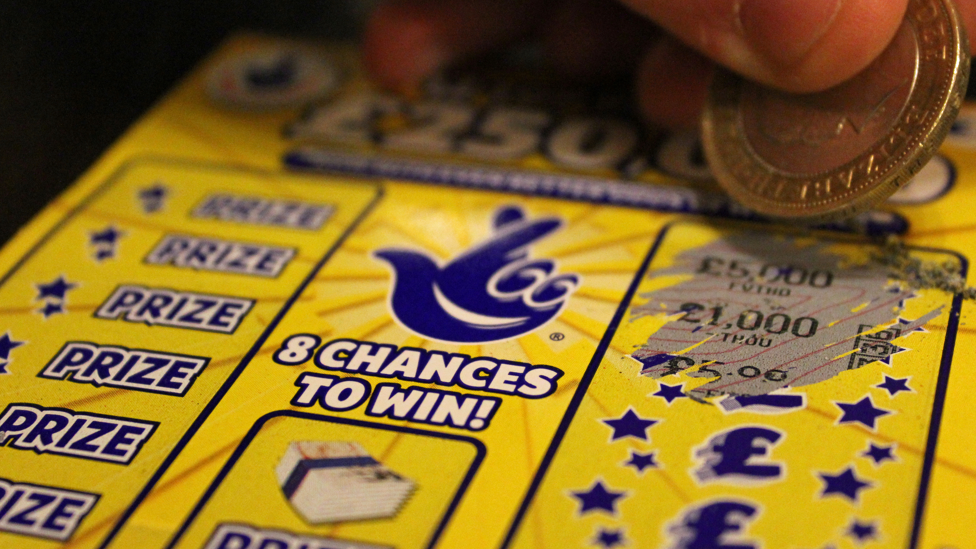Sadiq Khan under pressure to ban gambling ads on Tube
- Published

London's rate of problem gambling is twice the national average, according to a 2022 survey
Sadiq Khan has been urged by the London Assembly Health Committee to honour his 2021 manifesto pledge to ban gambling advertising on the Tube and other Transport for London (TfL) services.
TfL earned £663,640 in revenue from gambling adverts in 2022-23, against an overall revenue of £4.3bn.
The committee heard that the ban had been delayed by a legal issue regarding the definition of "harmful gambling".
The mayor told the LDRS: "I've asked the GLA to do some research into this."
Dr Tom Coffey, the mayor's health adviser, said that once the definition was published Mr Khan's team "will move as swiftly as possible".
Rob Blackie, the Liberal Democrat candidate for London mayor said: "Sadiq Khan has not generally done a great job of fulfilling his manifesto commitments. This is something that should be easy to do. It doesn't involve building anything or borrowing any money. It shouldn't be taking three years."
Susan Hall, the Conservative candidate for mayor and Zoe Garbett for the Greens have been approached for comment.
A cross-party report produced by the health committee found that "the majority of people who gamble do not experience gambling-related harms".
However, it pinpointed gambling as "a health inequalities issue. People from lower socio-economic groups and minority ethnic groups are less likely to gamble, but more likely to experience gambling-related harms," the report said.

Problem gambling affects about two million people across the UK
The committee's Labour chairman, Dr Onkar Sahota, said: "It is deeply concerning to hear that London's problem gambling rate is almost twice the national average and that Londoners are more likely to be negatively impacted by someone else's gambling. This includes families and children."
In 2022, Mr Khan asked researchers from Sheffield and Glasgow universities to summarise evidence on the health impact of gambling adverts.
The review found there was insufficient evidence to be definitive but still concluded that a ban "could reduce overall harm and mitigate the impact of advertising on gambling-related inequalities".
'Difficult and expensive task'
Prof Rebecca Cassidy of Goldsmiths, University of London is an anthropologist with an academic specialism in gambling. "It's very difficult to measure and quantify the relationship between seeing advertising and gambling," she said.
"However, gambling companies would not continue to spend vast amounts of money on it if it wasn't effective.
"Attempting to quantify the relationship between exposure to advertising and different types of gambling is a difficult and expensive task which detracts from the real problem - which is our poor legislation."
She said that gambling products were designed to be addictive. "Sadiq Khan should ban gambling ads from the Tube. The evidence suggests that it would be beneficial for public health. We also need a new Gambling Act that gives all of us more control over how much gambling advertising we want to be exposed to in our public and private spaces."
In 2021, Bristol City Council banned gambling adverts across council-owned spaces, along with advertising for unhealthy food and drink, alcohol and payday loans.
Dr Sahota acknowledged there was limited evidence linking gambling adverts with harm, but said: "The absence of evidence of harm does not equate to evidence of an absence of harm.
"The committee believes the mayor should bring forward proposals to introduce a ban."

Listen to the best of BBC Radio London on Sounds and follow BBC London on Facebook, external, X, external and Instagram, external. Send your story ideas to hello.bbclondon@bbc.co.uk
- Published2 February 2024

- Published17 October 2023

- Published27 April 2023
